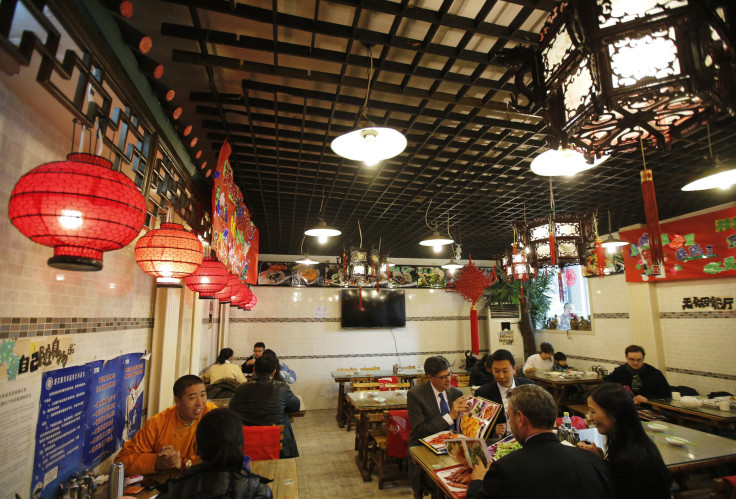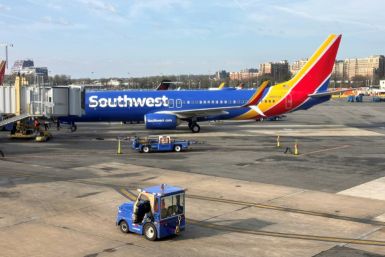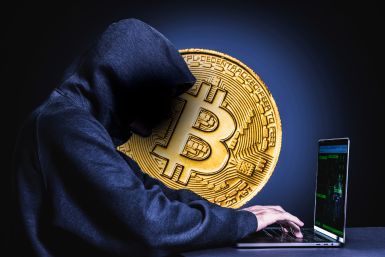A Restaurant With A No-Tipping Policy? No, Thanks

You get what you pay for, and when you go to a restaurant in the United States, you pay for the service as well as the food and drinks. Tipping is part of that experience – it’s what makes the service in the U.S. superior to other places in the world.
But not everyone agrees with me. An article published by priceonomics makes the case that a restaurant operating on a no-tip policy makes for a better-run establishment. The piece even goes so as far to say tipping is un-American; it does this by using the history of tipping as detailed by an article in the New York Times Magazine:
“Tipping began as an aristocratic practice, a sprinkle of change for social inferiors, and it quickly spread among the upper classes of Europe... After the Civil War, wealthy Americans began traveling to Europe in significant numbers, and they brought the tip home with them to demonstrate their worldliness. But the United States, unlike Europe, had no aristocratic tradition, and as tipping spread -- like ‘evil insects and weeds,’ as the New York Times claimed in 1897 – many thought it was antithetical to American democratic ideals.”
As an Australian living in New York City, I take umbrage with this idea of un-America-ness. Rather, nothing seems more American to me than sitting down at a restaurant and feeling like the most important person in the world to my server, who invariably greets me with a smile, inquires about my day, and compliments my outfit.
Yes, living in New York City is expensive, and the thought of tipping 20 percent on top of the $18 cheeseburger seems absurd, but you’re paying for an experience in addition to the grub.
As a former server in the industry, I know a thing or two about customer service. In Australia, I made $30 an hour -- which sounds like a lot in the U.S., but the cost of living is much higher – but no tips. Consequently, I neither learned customers’ names, nor went the extra mile to make the feel comfortable. I was doing my time -- punching in, punching out. It was all the same, I made the same no matter what. Why? There was no additional reward. I did my job, and I did it without a smile.
The tipping culture in the U.S. is the reason why the country has such a friendly image to foreigners like me. I am more than happy to add a $4 tip to that $18 cheeseburger because more than likely my server deserved it, worked for it, and should be rewarded.
Priceonomics also points out that we “tip barbers and coat checkers along with waiters, but not doctors, flight attendants, and any number of occupations where service is important.” But what they seem to miss is that the above are different industries with a different set of rules and social guidelines. People in restaurants -- and, I’d wager, barbers and coat checkers -- earn little money, are on their feet all day, and yet most make that effort to make sure you feel comfortable and happy while you eat and drink.
So would I go to a restaurant with a no tipping policy? Absolutely not. After all, I don’t want to be served by someone like me four years ago.
© Copyright IBTimes 2024. All rights reserved.












